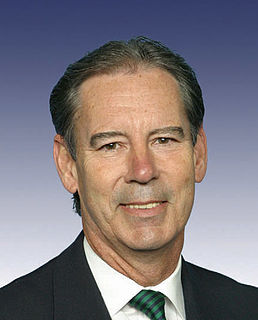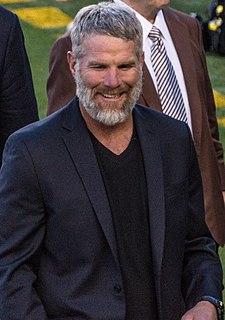A Quote by Joe Sestak
I favor every worker having access to a retirement savings account, and there are various options for doing this. I do support states implementing their own plans, and I expect them to play an important role in increasing retirement savings for young professionals especially.
Related Quotes
One of the strongest lessons I learned in doing six months of work on retirement topic was how absolutely crucial the Social Security system is for the great mass of Americans. The research of professionals and our own reporting convinced me that many millions of people are not capable of effectively managing the finances for their own retirement.































